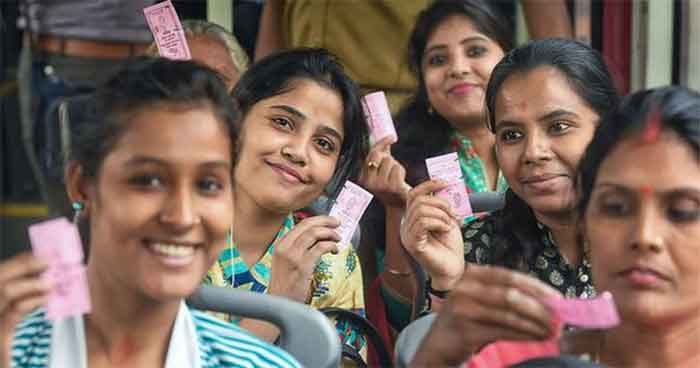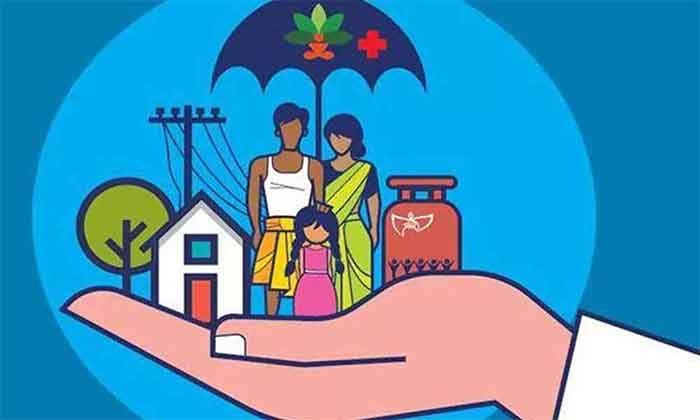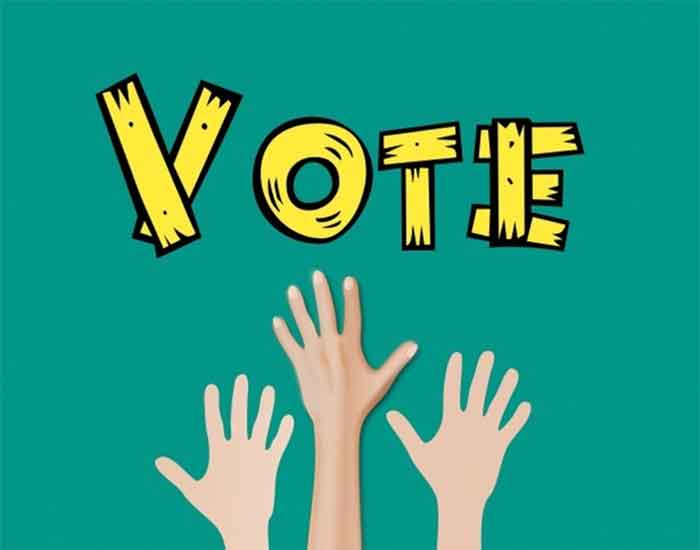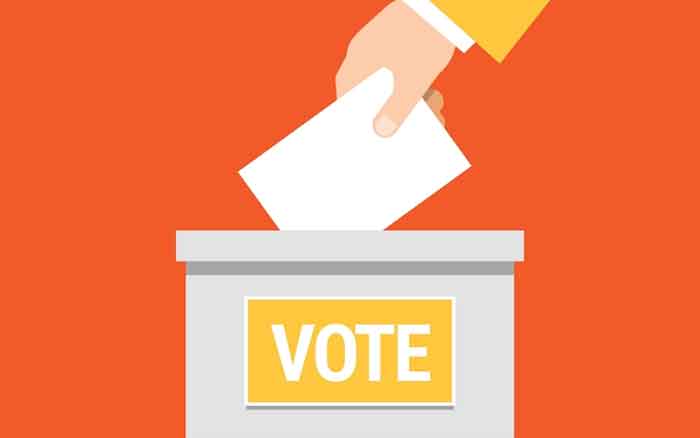
Freebies vs. Welfare
Freebies are goods and services given free without any charge to the users. It is alleged that some state governments in India have confusion between ‘freebies and welfare. There is only a thin line between the two. Those who are against ‘freebies’ are generally against ‘welfare’ provisions too.
The ‘freebies’ question has finally reached the Supreme Court of India through a Public Interest Litigation filed by a prominent politician. The intervention plea filed asked the Central government and the Election Commission of India to take steps to regulate political party poll manifestos and hold parties accountable for the promises made in such manifestos.
The supporters of this argument say states need to invest in necessary infrastructure that will be beneficial for citizens and stay away from wasteful freebies which will empty out their coffers.
Politics of labeling
The worst way to politically demolish something (or someone) standing on the way, is to label it (them) with an undesirable name and then unleash a campaign highlighting all the negative aspects of it (them). Unfortunately, this strategy is being used time and again to defame policies and programs such as reservations, affirmative action, and various welfare measures aimed at uplifting the marginalized and the oppressed poor.
Contextualizing the current ‘freebies debate’?
Those who attack social welfare often quote a Chinese proverb that says, “Give a Man a Fish, and You Feed Him for a Day. Teach a Man To Fish, and You Feed Him for a Lifetime”. No one could disagree with the logic of ‘empowerment’ inherent in this saying.
However, there are some people who are not entitled and amenable to this kind of empowerment. They are the ones who are differently abled, the communities and genders who are traditionally exploited and oppressed for centuries, and so on. They are taken care of by progressive governments from time to time through social welfare measures or things given below the market price or the so-called freebies.
The logic of social welfare has been widely accepted by social scientists due to its power to provide safety nets to those who are out of the market, have no freedom of choice, and lack purchasing power.
Social scientists have however cautioned that such social engineering through social welfare to be effective requires more ‘communicative action’ along with ‘policy rigor’ and ‘efficiency of implementation’. Whenever governments have failed to adequately communicate both the symbolism as well as the useful outcomes of such welfare measures for the development and integration of the nation, regressive politicians try demolishing the entire welfare system which had traditionally offered safety nets to the poor. Unfortunately, this is what is happening around the current ‘freebies’ debate too.
Will ‘freebies’ dry up economies?
The government of Delhi state has offered free health care, free education, free travel to women, free water, and free electricity to the low consumption users. The government of Tamil Nadu provided free bicycles to schoolgirls, free laptops to students, free health insurance, and even free cattle, goat, hen, etc. to the rural poor.
Questions have been raised on the sustainability of such schemes and the potential impact on government finances. The funny part of this debate is that those who oppose ‘freebies’ given to the poor are not against the numerous privileges and freebies which they themselves enjoy as politicians.
All such social investments in health care, education, power supply, rural agriculture, etc. will improve access to development infrastructure which are otherwise inaccessible to them, and thereby human capacity of citizens will improve subsequently. It will promote the social and economic development of the state in the long term, even if it dried up the government’s coffers a little for a short while.
‘Freebies’ beyond welfare
What about mixer grinders, fans, and televisions that are given out free to people?
Development economists and Nobel Laurates Abhijit Banerjee and Esther through their extensive field experiments in India proposed ways to design measures to reduce global poverty. To them, poverty is not just a single or simple problem, and it manifests as complex, multiple problems and each one deserves its own answer.
There are different reasons why people are depressed, sick, and have no access to financial markets and infrastructure. Therefore, the best way to propel an economy is to put money in the hands of the bottom half of the population. Spending on the poor creates a multiplier effect as their consumption goes up.
Thus, even giving out ‘freebies’ such as mixer grinders, fans, and television to the poor is not bad economics.
Conclusion
If the ‘freebie’ debate of today is about regulating electoral speeches, it is just a procedural issue of electioneering, though with little impact. For example, electoral speeches made by unelected candidates are not official statements on future government’s budgetary plans, and hence steps taken on that front may not have much value. If the question is about the logic of social welfare or about the logic of spending money to boost the consumption of the rural poor, the call for abolition of the so-called ‘freebies’ does not have any scientific basis.
(Kandathil Sebastian is a social scientist based in Delhi. He is actively involved in evaluating and researching social development programs across south Asia)














































